Ebola, Panic, and Kids
 We have a daughter at Emory University, home of our country’s most advanced Ebola treatment epicenter. People ask us if we’re worried and frankly, we’re not. We’re not good with panic.
We have a daughter at Emory University, home of our country’s most advanced Ebola treatment epicenter. People ask us if we’re worried and frankly, we’re not. We’re not good with panic.
Teaching our children to remain calm, find the facts, and react correctly to changing developments are among a parents’ most important jobs. But we must also remain calm ourselves!
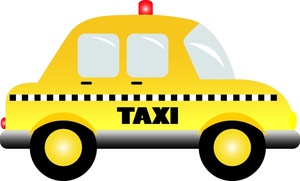 I’ve mentioned a number of times that, as a father, I compare myself to a taxi driver guiding his children through life. In their early years, they ride in the back of my cab and I show them the best ways to get from place to place. They don’t’ have much input with regard to the route, but they’re certainly welcome to make observations and to discuss things we see along the way.
I’ve mentioned a number of times that, as a father, I compare myself to a taxi driver guiding his children through life. In their early years, they ride in the back of my cab and I show them the best ways to get from place to place. They don’t’ have much input with regard to the route, but they’re certainly welcome to make observations and to discuss things we see along the way.
As the kids get older, they may chime in about traffic, and we can share some route-based decisions. I know that someday they will be driving their own vehicles, so I teach them to navigate while I’m still around as their safety net.
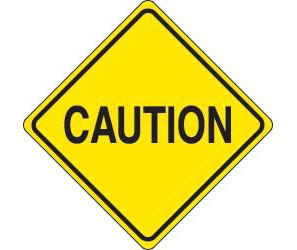 Even though there are times when the cab is almost out of gas or the tires may burst, I avoid making them aware of those problems because it’s my job to make them comfortable enough to look out the windows and learn about the world.
Even though there are times when the cab is almost out of gas or the tires may burst, I avoid making them aware of those problems because it’s my job to make them comfortable enough to look out the windows and learn about the world.
As a parent, I always want my child to feel safe even if I’m a little worried (which is just about as much fear as I would show my children). I also know that the world is full of scary or dangerous things, some of which require everyday attention — like swimming pools, electricity, sharp edges, and plastic bags – while others are more conceptual (like disease, war, fire, and death).
Knowing that we’re not always around to offer reassurance, I believe we should give our children the following tools to comfort themselves:
- Be skeptical. Teach them not to believe everything that people tell them. Research the facts to avoid repeating dumb things. Ask your kids if they can give you an example of someone telling them something crazy that they knew was untrue. Tell them the story of Chicken Little.
- Know your source. Identify the people who like to spread news, especially bad news, and weigh the value of their information. Explain the concept of “drama” because most of what bothers tweens is drama – not substance. Teach them to avoid “bandwagoning” – becoming one of the dramatists.
- Pause to educate. Delay your reaction until you can find the facts. There are many places where information about the threat (or non-threat) of Ebola can be found. If your child asks, sit down at the computer with and find the facts.
- Remain calm. Teach them the dangers of panic. The world was full of smokers when I was young. One of them was a good friend who, while driving, lit a cigarette and accidentally dropped the match in his lap. His panic to find the ember and put it out was so extreme that he steered his car right off the road and into a tree. It was the panic that got him, not the match.
- Offer reassurance.. If something scares your child, use your strength and knowledge to teach away their fear. When I was little, I was afraid of the dark. My mother asked me if I wanted to stay afraid, or learn more about the dark. I wanted to learn more and, with my agreement, she told me to get in my closet and get comfortable. Once in the closet, she said “I’m going to close the door until there’s a sliver of light – will that be OK?” I meekly said “Yes.” And she closed the door to the sliver. She reminded me that I was safe, nothing had changed, and that there was nothing in the closet that could harm me. Then she asked if I thought I could sit in the closet with the door closed. “I guess so.” I said, and she closed the door the rest of the way. Once my eyes grew accustomed to the absolute darkness I could see that nothing had changed. There were no demons, and I was no longer afraid. My mom suggested that I just go to sleep… it would be a good way to kill some time if I was stuck in a dark place. Years later on a tour of Alcatraz, I was put in a solitary confinement cell for twenty minutes. Easy peasy. I took nap.
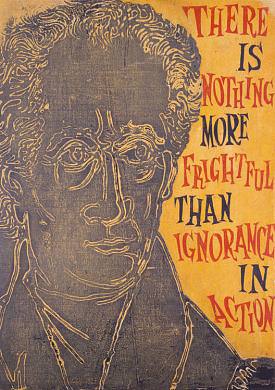 Ebola is scary and it’s being talked about almost everywhere. When there’s danger, realistic precautions need to be taken. But there is a difference between teaching preparation for a tornado or an earthquake perhaps and worrying about a disease in a far off place.
Ebola is scary and it’s being talked about almost everywhere. When there’s danger, realistic precautions need to be taken. But there is a difference between teaching preparation for a tornado or an earthquake perhaps and worrying about a disease in a far off place.
My mother used to quote Goethe when she’d say, “There is nothing more frightful than ignorance in action.”
Remember, panic is more contagious than Ebola – and probably more harmful. Do your kids a favor, teach them to stay calm and check the facts.

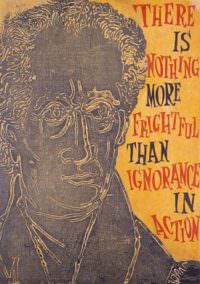
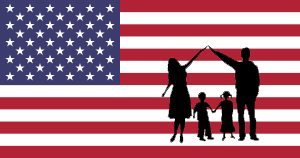
Leave a Reply
Want to join the discussion?Feel free to contribute!